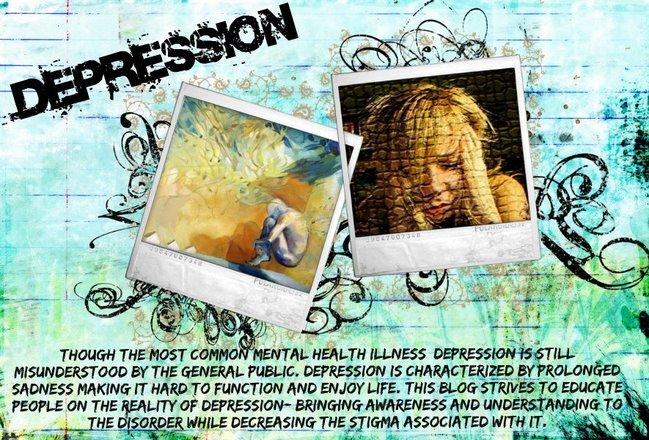
Over the last couple of years, the number of suicides among members of the US Army has increased at a rate unseen for over 25 years. Over 2,000 attempted suicides or instances of self harm occurred in 2006. The suggestion from the results of suicide incident reports is that operational duty is not, in itself, a suicide motive, but the linked consequences are. Out of 102 soldiers that killed themselves in 2006, just 30 were on deployment at the time. This rate has continued to increase as seen in recent reports.
A CNN news article, “Army official: Suicides in January ‘terrifying,” published on February 5, 2009 addressed the U.S. Army’s concern about a spike in possible suicides in the new year just after announcing record suicide rates among its soldiers last year. The Army has already confirmed seven suicides, with 17 additional cases pending – six times as many as killed themselves in January 2008.

If those suicides prove true, more soldiers will have killed themselves than died in combat last month. According to Pentagon statistics, there were 16 U.S. combat deaths in Afghanistan and Iraq in January. The Army said 128 soldiers were confirmed to have committed suicide in 2008, and an additional 15 were suspected of having killed themselves. The Army’s confirmed rate of suicides in 2008 was 20.2 per 100,000 soldiers. The nation’s suicide rate was 19.5 per 100,000 people in 2005.
The multiple deployments, stigma associated with seeking treatment and the excessive use of anti-depressants are seen as ongoing concerns for mental-health professionals who work with soldiers. Research on the UK Armed Forces showed that those on active duty for periods lasting 13 months and above, over a three year span, were up to 25 per cent more susceptible to the effects of post-traumatic stress disorder. “Overstretched” troops were also found to be more likely candidates for the onset of mental and health issues once service was over.
Those who are seeking mental-health care often have their treatment disrupted by deployments. Deployed soldiers also have to deal with the stress of separations from families. The military has made a lot of headway in training leaders on how to deal with soldiers who may be suffering from depression, but there is still a huge problem with leadership who shame them when they seek treatment.

The Army said it will conduct service wide training to help identify soldiers at risk of suicide. The program will include training to recognize behaviors that may lead to suicide and instruction on how to intervene. It will be followed by another teaching program focused on suicide prevention at all unit levels. In addition to the new training, the service has a program called Battlemind, intended to prepare soldiers and their families to cope with the stresses of war before, during and after deployment. It also is intended to help detect mental-health issues before and after deployments.
Information retrieved from cnn.com and armedforces-int.com

No comments:
Post a Comment